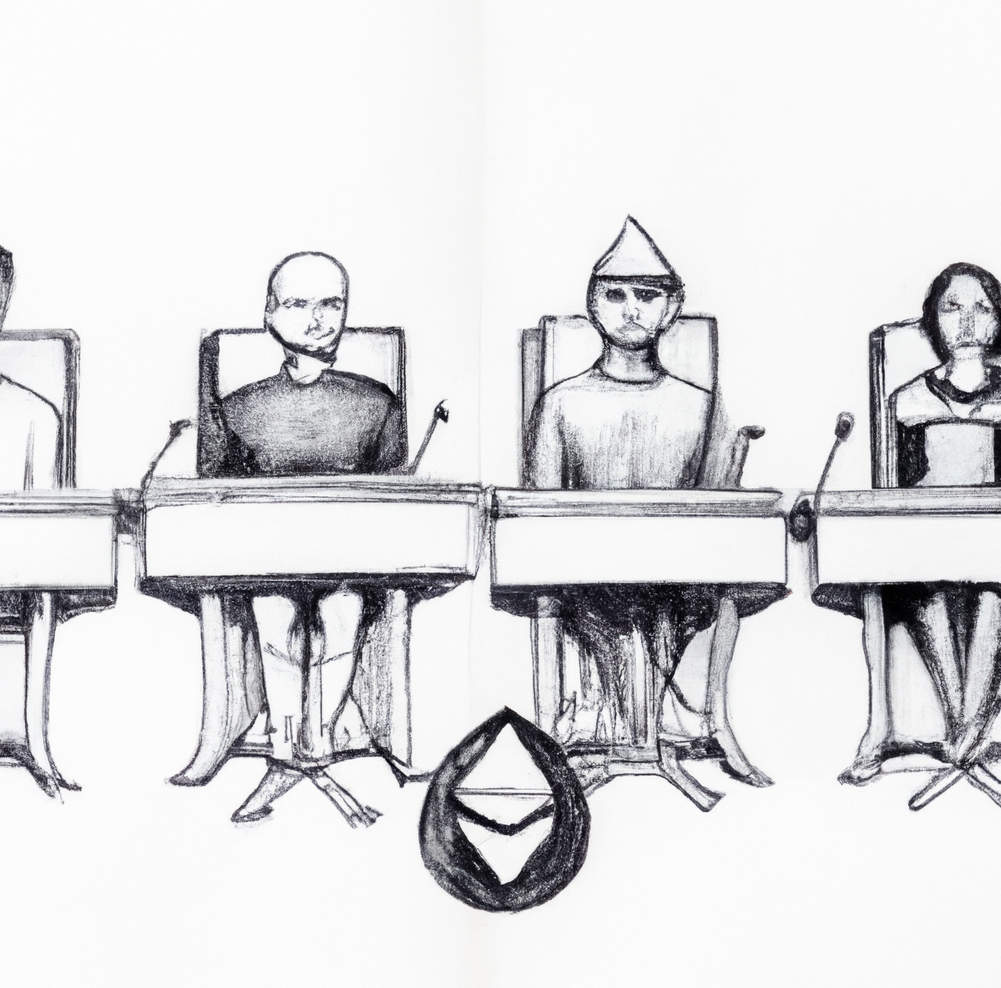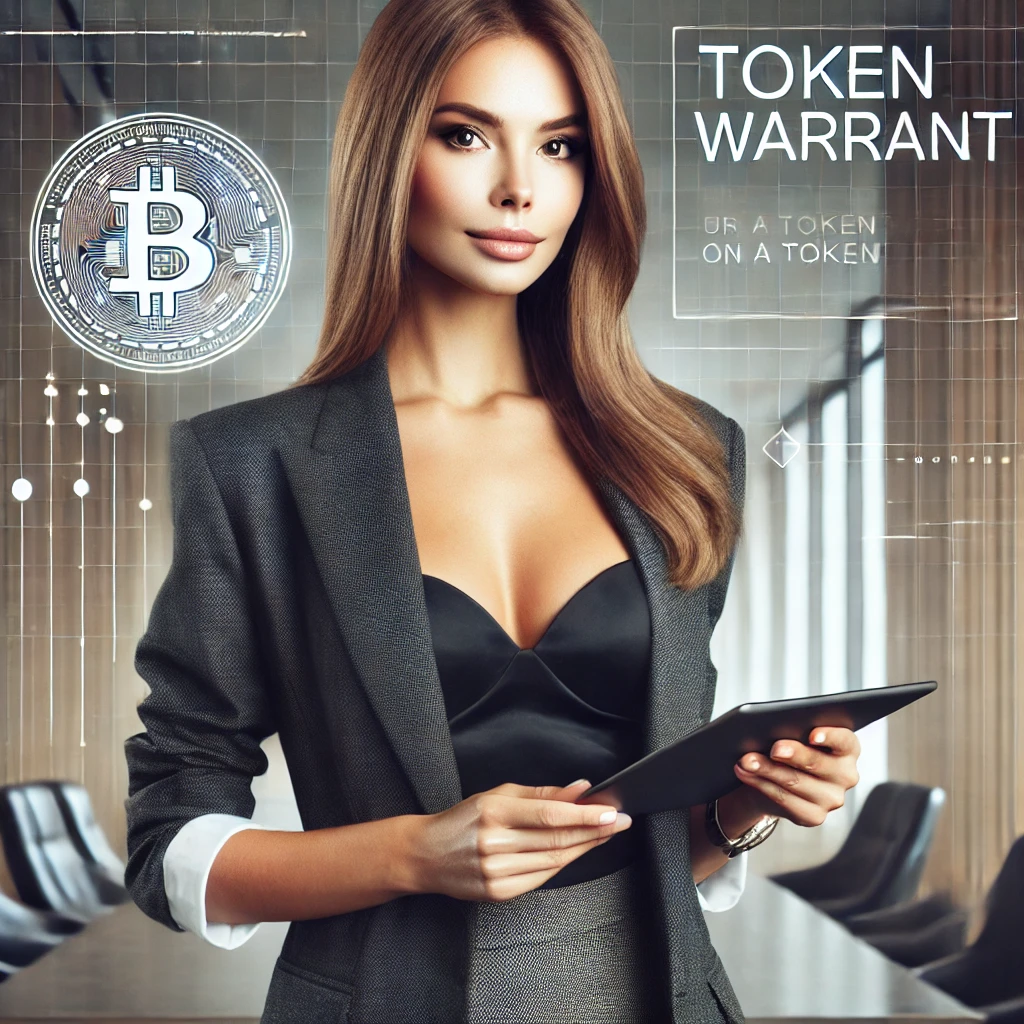KYC (Know Your Customer) in ICOs is vital for verifying investor identities, ensuring regulatory compliance, and fostering trust. This process prevents scams and illegal activities, bolstering the credibility and security of token sales. It involves collecting and verifying investor data, continuous monitoring, and aligning with AML (Anti-Money Laundering) regulations to deter illicit financial activities. Key components include biometric authentication, document verification, and leveraging blockchain technology. Selecting the right KYC provider—evaluating security, compliance, scalability, and user-friendliness—is crucial. Emerging technologies like AI and blockchain are enhancing KYC/AML processes, ensuring efficiency and adapting to evolving regulatory landscapes. Robust implementation of KYC safeguards ICOs, protects investors, and ensures the legitimacy of projects.








